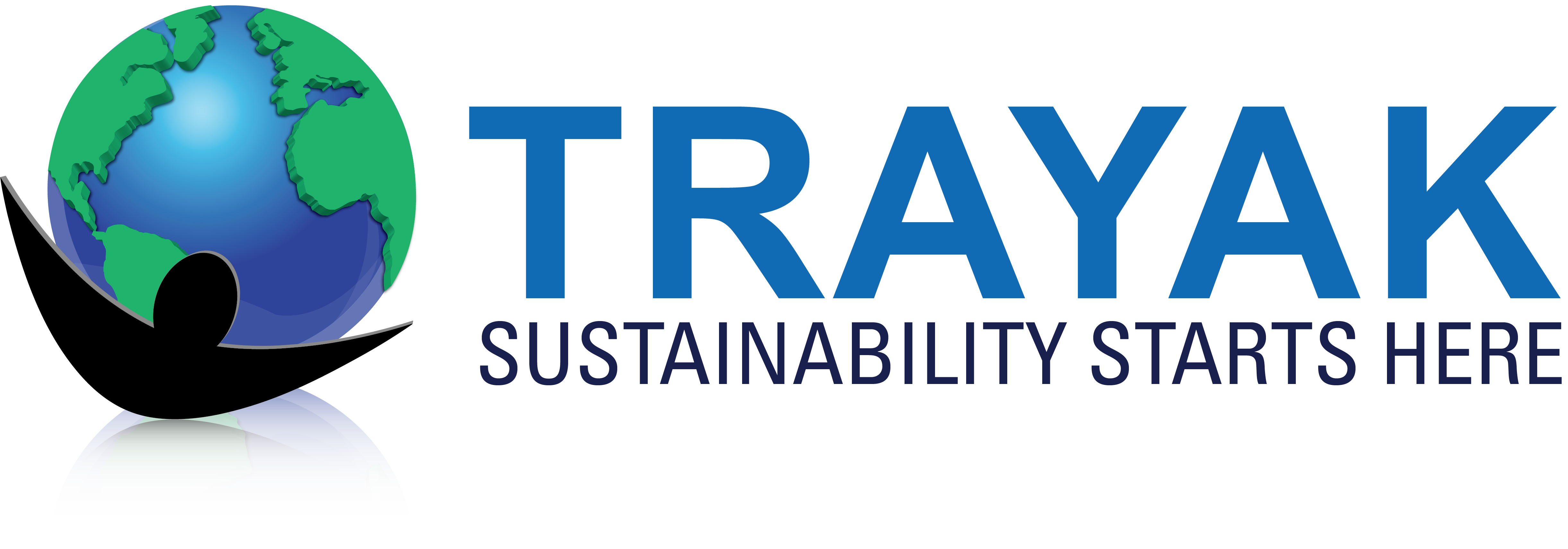The right sustainability strategy will not only strive for environmental benefit but also enhance a company’s operations in the process. The only way to ensure measurable and lasting success is for sustainability to be mainstreamed into an organization’s current processes. This means that sustainability must become a part of all daily considerations associated with a product or package’s planning, design, and manufacturing processes.
While there is no guarantee that any sustainability initiative will succeed, making sustainability a natural step in the process ensures that sustainability considerations are seamlessly addressed as a part of everyday decisions, activities, and product development processes. This vital integration yields quantifiable results for material optimization, waste reduction, manufacturing efficiency, and profitability.
Your sustainability goals are in reach. So how do you get there?
Successful implementation requires not only a definitive action plan but also integrated software solutions that embed sustainability knowledge into current development processes.
These software solutions can be easily integrated with in-house design, analysis, manufacturing, and ERP systems to seamlessly bridge sustainability data with diverse product development applications. It cannot be overstated that sustainability must be embraced as a natural consideration of product development for implementation to succeed. If relegated to the fringe, sustainability initiatives will most likely lose traction and eventually fail.
Implementation is best achieved via a Product Lifecycle Management (PLM) or Stage-Gate development process. This project management technique divides implementation into self-contained sections (stages or phases) separated by a gate. Gated implementation processes:
- Focus on uncertain or complex decisions to manage the risk and complexity.
- Support good decision-making by allowing alternatives to be freely evaluated within a controlled environment.
- Promote alignment and solid decisions by requiring coordination and communication among cross-functional teams.
- Can be configured to better mitigate the risks inherent in any strategic implementation.
- Address specific implementation steps without disrupting activities outside of the gated process.
- Allow key decisions and related investments to be analyzed, validated, and if necessary, terminated before fully committing funds and resources.
- Calculate environmental impacts associated with all stages of a package’s lifecycle including material sourcing, manufacturing, conversion, distribution, and disposal or recycling.
- Allow designers to apply the Life Cycle Assessment approach to easily incorporate key environmental performance indicators into the concept development and material selection steps of the packaging design process.
- Measure the environmental impacts associated with the materials and processes used to bring packaging to market — thus incorporating environmental parameters alongside economic factors.
- View scorecards to determine the degree to which products contribute or detract from your company’s sustainability goals.
- Track the metrics that are most important to your company.
- Generate a score based on your priorities, allowing for better sustainability decisions to assess your product portfolio and track progress towards your Corporate Sustainability Report goals.
